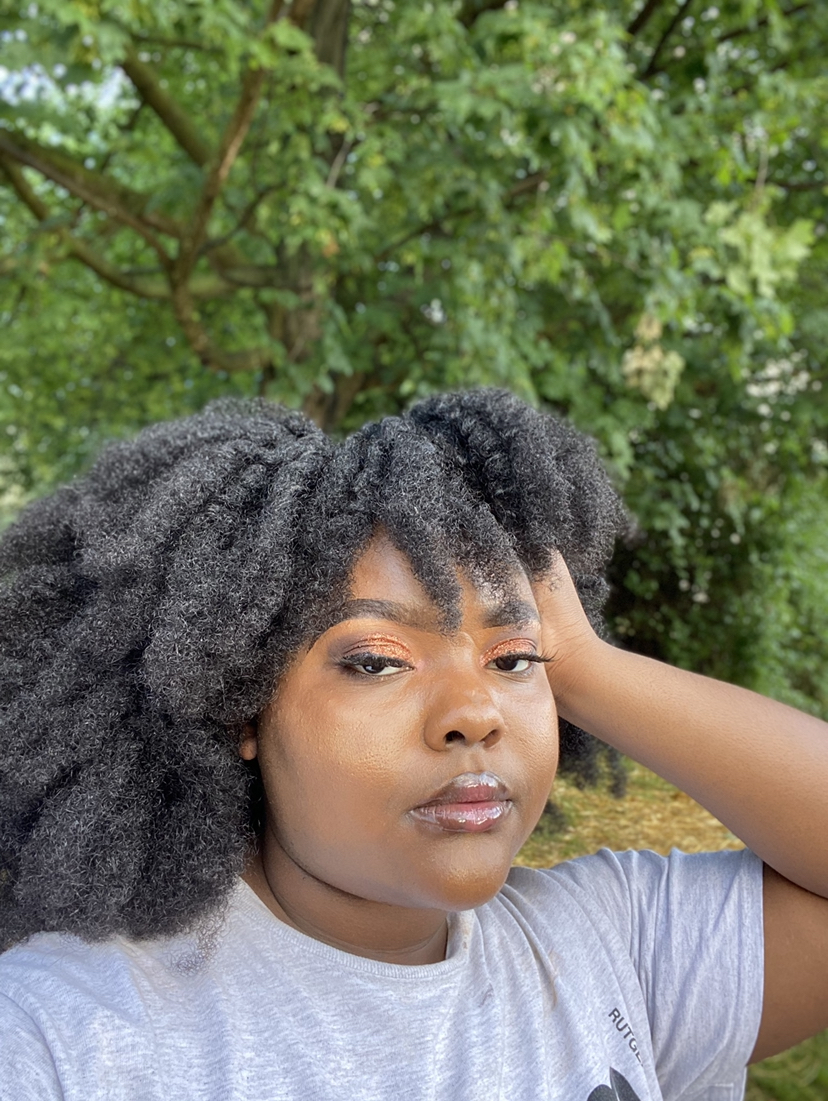Colorism Pt. 1: The Truth
- Azé

- May 12, 2020
- 2 min read

On any other platform, I’d have to explain colorism and the adverse effects it has on dark-skinned Black Women. How it affects our mental health, our romantic life and how society uses it to determine how we should, or shouldn’t, be treated. But since this is a platform for, and run by a Black Woman, I’m going to save the history lesson for Kimberly Jade Norwood, who explains colorism and its impact not only on her life, but also on people across the globe (you have to download the paper from the website).
There are a million and one reasons why I decided to write this, ranging from the beautiful, dark-skinned Baby who called herself ugly when she saw herself on camera; to the dark-skinned Black Women who are sexually assaulted, beaten and generally mistreated on international multimedia platforms, met with no support from the Black Community or any of our ‘allies’ from other communities; to the dark-skinned Black Women who are overlooked when looking for romantic partners and resolve to date outside of the Black Community; to dark-skinned Women being likened to as animals, like gorillas and rottweilers, on social media.
There are too many instances of dark-skinned Black Women being mistreated to pinpoint which one motivated me to write this. The bottom line is, no one listens to Black Women in general, and they especially overlook the harm done to dark-skinned Black Women.
Maybe it’s the Superwoman complex Black Women developed over the years from constantly having to live through trauma and continue to produce for their family or, if we go back far enough, for their master. Maybe it’s because of the branding society gave us as ‘magic’ and ‘strong’ and ‘independent’. Again, all of these apply to Black Women generally, but especially dark-skinned Black Women.
Growing up, I remember not being seen as feminine because of my dark-skin. Boys and girls alike would say anything and everything to me because they thought I was ‘man’ enough to handle it. It took me years to be comfortable enough to wear a skirt or dress because I’d taken on the cues from my environment, and assumed a ‘tomboy’ personality. I thought that’s what it meant to be a dark-skinned Black Girl. I thought I was supposed to be hard, unbreakable, and violent. Femininity was looked down upon in my household, run by a dark-skinned Black Woman, by the way. ‘Girly’ was an insult and laughed at. It took me years to begin to see my femininity as natural and beautiful, and reverse the negative thoughts I had about my skin tone. My story is one of millions of dark-skinned Black Girls who deal, or have dealt, with colorism.
This must end. I know you all know that the so-called ‘appreciation’ dark-skinned Black Women receive on social media is a facade, fetishism in disguise. Therefore, we have to begin the movement of healing the trauma colorism has caused by turning inward and first healing ourselves, then teaching the dark-skinned Girls coming after us, as in the Black Girls facing colorism right now, that they are gorgeous, worthy of love and should embrace their femininity like all the other girls get to.
Let me know what you all think in the forum.
Love and light,
Azé




Comments